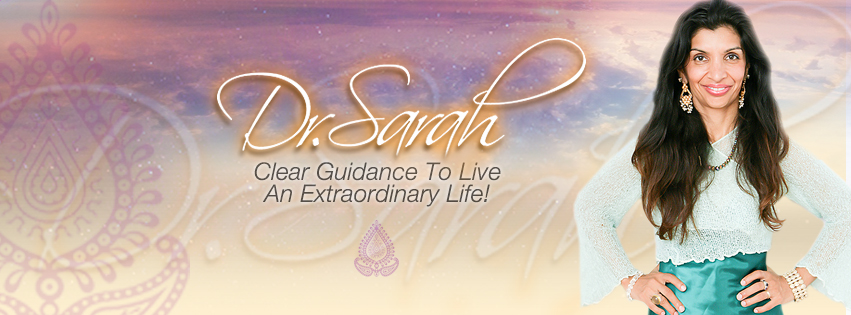What is not so different from seeing bats and bears in Rorschach inkblots, or being able to tell stories from the Thematic Apperception Test (TAT)? Can using the images of the external world as a reflection of your inner world, can you understand your deeper self.
When you study your reactions you can free yourself from whatever is unconsciously manipulating your conscious attitudes and behaviors.
I am describing some of the thoughts reflected by Carl Jung’s work.
Carl Jung a Swiss psychiatrist and psychoanalyst who founded analytical psychology.
Jung’s work was influential in the fields of psychiatry, anthropology, archaeology, literature, philosophy, and religious studies. Early in his career, he was able to identify basic, elemental symbols shared by different societies across the world. As originally defined by Jung, it is distinguished by a focus on the role of symbolic and spiritual experiences in human life and rests on Jung’s theory of archetypes and the existence of deep psychic space or collective unconscious.
He studied the mysterious inner mental space we all shared, which is accessible through familiar cultural symbols. These symbols evoke connections to the ancient qualities of our primal mind, such as the nurturing mother, wise father, and terrifying shadow. The colorful spectrum of people drawn to Jung is simply dazzling.
His work although intellectually challenging has broken free of academic circles and set up shop amongst all manner of people. It even formed the backbone of Star Wars’ narrative, or at least a derivative of it did. Hero journeys that are usually assisted by a vague parental figure. Are these stories, despite being fictitious, are rooted in truth.
Maybe it’s not about the details themselves but about how these details are arranged to form a coherent (but not necessarily factual) history of human nature. That being said, maybe the easiest way to understand a society’s collective dreams and fears is through the mythological characters that persist in literature, films, and urban legends.
In “Jung and Tarot”, Sallie Nichols noted how the Tarot deck (especially the trump cards) has many obvious elements that are aligned with Jung’s study on psychological archetypes.
They represent elements that are common in the stories we all share — whether personal or mythological. Nichols says that our systems of thought are attempts to create logic out of the chaotic imagery of the unconscious. Through philosophy, religion, and other personal belief systems, we attempt to systematize the inner nonverbal world.
By working with archetypes, we are able to go directly to this world of images and face our buried frustrations, traumas, and childhood dreams. Tarot cards may help us there.
Your Pysche is not confined time and space. You can have dreams and visions of the future. When your psyche is not under obligation you truly live.
Zeb Mattey wrote in Quora
Jung’s work stands out from the dry, dusty piles of academia in that his works are studied by a huge range of individuals; physicists, bodybuilders, new age spirituality types, comedians – I can give specific examples of successful people in each of these classes who swear by Jung’s work, and there’s probably loads more where that came from.
The colourful spectrum of people drawn to Jung is simply dazzling. His work although intellectually challenging, has broken free of academic circles and set up shop amongst all manner of people. It even formed the backbone of Star Wars’ narrative, or at least a deriviative of it did.
I think it’s fair to reccomend that most people at least take a look at Jung. This is in contrast to a lot of academic work, which is better left to those who obtain pleasure purely from intellectual material. Analytical psychology, and certainly Jung’s later books can provide enormous value to layman both in enhancing his experience of life and because the ideas presented are pleasurable to consider due to their universal application.
However you did ask if he’s worth studying. Now, in this sense I imagine you mean going into the depths of his work and devoting considerable amounts of your time to it. Any study of Jung is best accompanied by your own dream analysis and active imagination, to say the least.
Given these facts I do think Jungian psychology suits those with a strong inner visual experience, espeically those with a strong capacity for introversion. I’ve known extroverts who studied Jung and although they had an conceptual understanding of his work, they didn’t seem to intuit it in the way I’ve seen others come to grips with it, namely introverted folks. Jung is really giving you a language to navigate your internal world, to recognise the melding, fleeting waves of psychial phenomona that are flashing accross your minds eye at each moment. Such impressions are often subtle, but if you are willing to develop your introverted function sufficiently you will be able to get into direct contact with what Jung is describing, and thus understand some of the structures of that constitute that seemingly vague world. In my opinion unless you get to this point of being able to shine an inward light on your own psyche, and unconscious, then Jung will only be an intellectual entertainment.
If introversion isn’t natural to you (as it wasn’t for me for a time) this ability will take hundreds of hours to develop. It’s no small feat, and Jung asks the absolute most of those who would strive to understand and apply his ideas of The Shadow, Anima and personal unconscious. It is a labour, and you will only continue along the path if you have a fervent curiosity for the internal world.
Fortunately this curiosity will find due reward, however what one finds within is unique to the individual. That is perhaps the great jewel of Jungian psychology, that it offers a path which only you will ever walk. Through his books he will provide you with the keys to those inward facing doors, but he’s sure to warn you that he isn’t responsible for the darkness and/or beauty you find awaiting within.


Leave a Reply